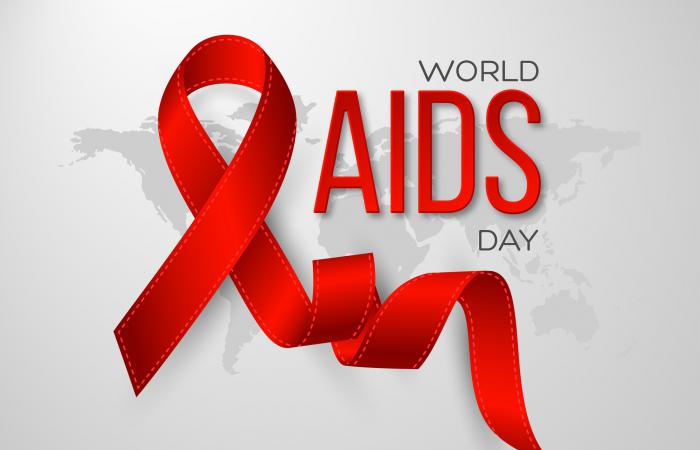As HIV copies itself and replicates, its genetic code (RNA) can change. While a drug may initially be able to suppress or even kill a virus, certain mutations can allow the virus to develop resistance to its effects. If a mutated strain begins to spread within a population, it can mean once-effective drugs are no longer able to treat people.
That may be the case with HIV in Africa. HIV treatment usually includes a non-nucleoside reverse-transcriptase inhibitor (NNRTI). However, in recent years, HIV has begun to develop resistance to NNRTIs. Between 10 and 15 percent of patients in sub-Saharan Africa are infected by a strain of HIV resistant to these drugs. If a patient is infected with an NNRTI-resistant strain, they are at a two- to three-fold increased risk of the drug regimen failing.

Credit: HOPWA
In a study published today in Nature Communications, an international team of researchers examined the genetic code of HIV to determine if drug resistance mutations in 874 volunteers living with HIV affected their treatment success. The goal was to determine whether drug resistance to efavirenz prior to starting treatment affected treatment success (suppression of the virus in the blood) over the first two years of therapy with both of these two regimens. The individuals were enrolled in a clinical trial for people initiating HIV treatment to compare two drug regimens: efavirenz, an NNRTI and prior first-line therapy in the region, and dolutegravir.
As expected, the presence of drug resistance substantially reduced the chances of treatment success in people taking efavirenz, successfully suppressing the virus over 96-weeks in 65% of participants compared to 85% of non-resistant individuals. However, unexpectedly, the same pattern was true for individuals taking dolutegravir-based treatments: 66% of those with efavirenz resistance mutations remained suppressed over 96-weeeks compared to 84% of those without the mutations. These relationships held true after accounting for other factors, such as treatment adherence.
"We fully expected efavirenz to be less effective among patients HIV strains resistant to NNRTIs," said Dr. Mark Siedner, faculty member at the Africa Health Research Institute in KwaZulu-Natal, South Africa. "What took us completely by surprise was that dolutegravir - a different class of drug which is generally effective in the face of drug resistance - would also be less effective in people with these resistant strains.
"We are working now to tease out if this was due to the virus or the participants - for instance, if people with resistance are less likely to take their pills regularly. Either way, if this pattern holds true, it could have far reaching impacts on our predictions of long-term treatment control for millions of people taking dolutegravir in the region."
The researchers say it is not clear why efavirenz-resistant mutations should affect susceptibility of dolutegravir, though one hypothesis is that integrase inhibitors such as dolutegravir push the virus to replicate and mutate faster, in turn developing resistance to the new drug in an evolutionary arms race. Alternatively, it could be due to poor adherence to treatment regimens, even though the analysis accounted for adherence by two independent methods. Further research is needed to find out why.






Comments